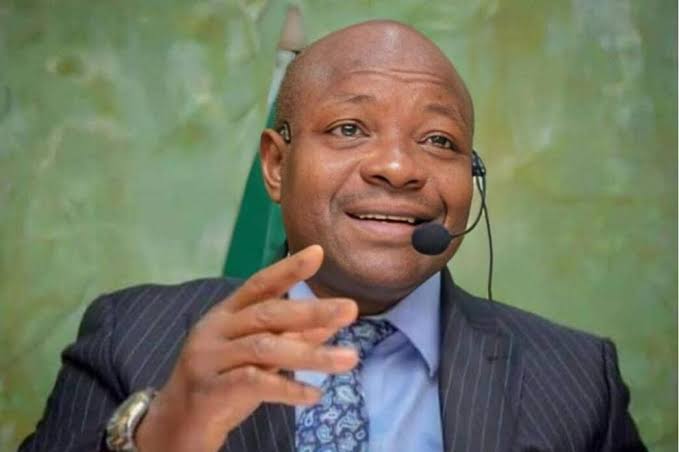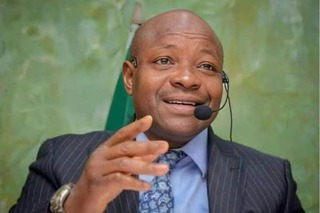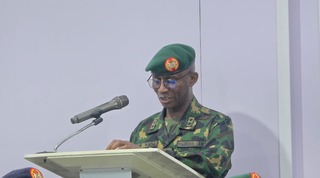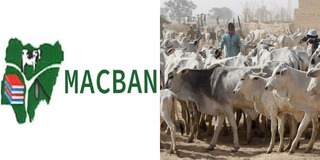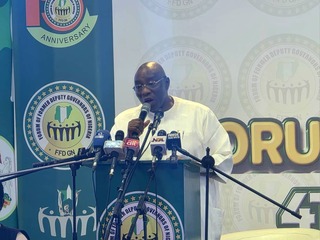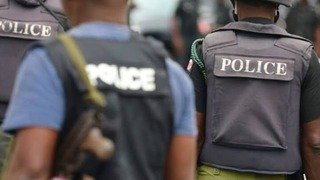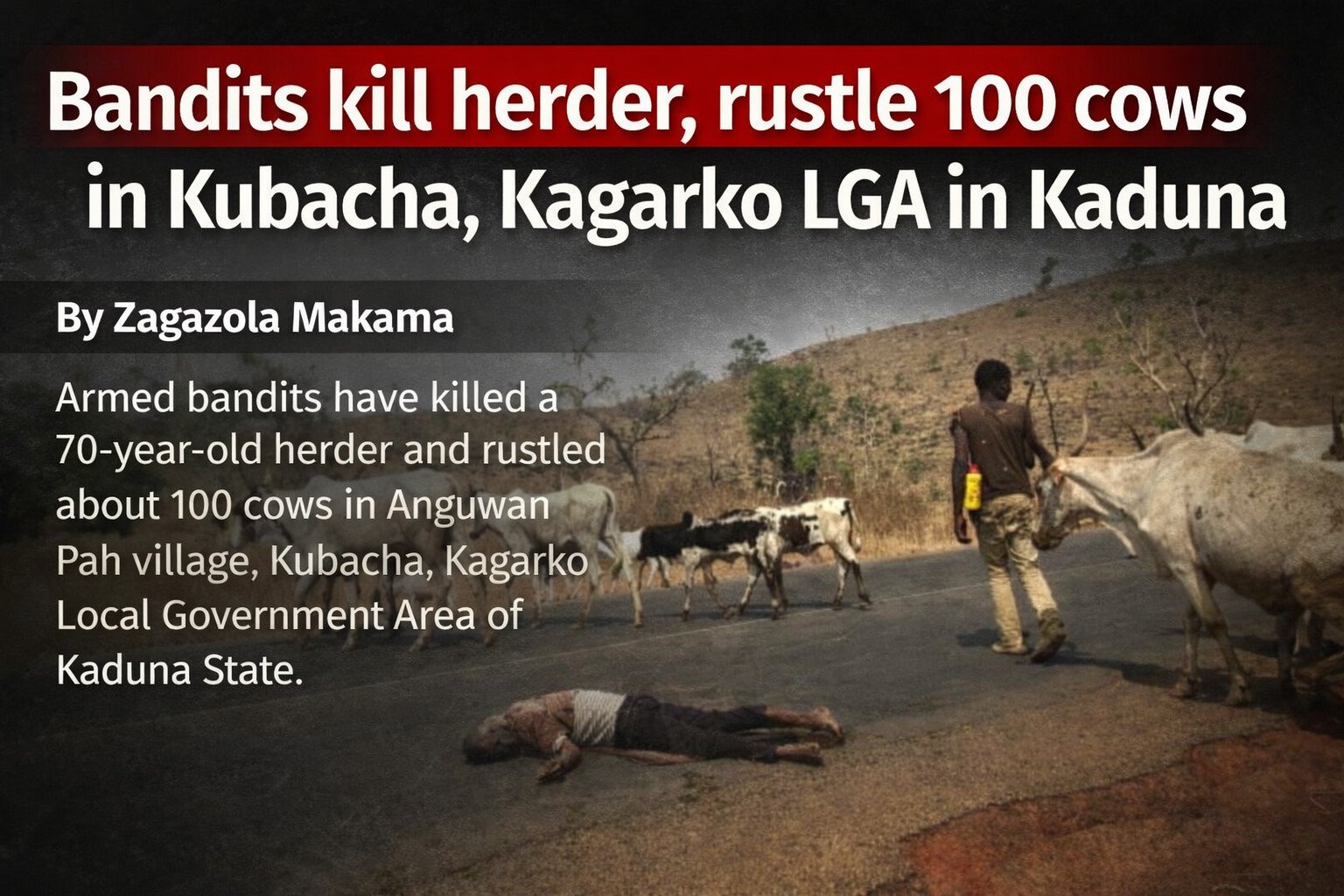DSS releases three detainees accused of IPOB/ESN links, begins review of 20 similar cases
By: Zagazola Makama
The Department of State Services (DSS) has released three detainees previously held on suspicion of belonging to the proscribed Indigenous People of Biafra (IPOB) and its militant wing, the Eastern Security Network (ESN), in what is seen as a significant step in the ongoing reform agenda of the agency.
Zagazola Makama learnt that the three men Augustine Udemba, Nelson Onyedikachi Udemba, and Ifesinachi Eze were accused of involvement in the killing of seven Fulani cattle herders but were later found to have been wrongfully arrested, according to Abuja-based human rights lawyer, Mr. Deji Adeyanju.
Adeyanju, who disclosed the development via his verified social media accounts on Tuesday night, said the trio had since been reunited with their families.
He described the release as part of the broader reforms being implemented by the new Director General of the DSS, Mr. Oluwatosin Ajayi, who assumed office earlier this year with a pledge to uphold human rights, strengthen professionalism, and ensure compliance with the rule of law.
“We are currently working on more than 20 cases with the Service and thank the DG of the DSS for his commitment to ensuring the right thing is done,” Adeyanju said.
He noted that several Nigerians remain in custody across the country over cases of mistaken identity, wrongful suspicion of affiliation with outlawed groups, or lack of evidence.
“We are further appealing to the DG for a speedy process in the ongoing reforms,” he added.
Although there was no official confirmation regarding compensation for the released detainees, security sources hinted that compensation was likely, given the new DG’s recent precedent in similar cases.
Just last week, the DSS paid N10 million in compensation to a quarry owner arrested on the Abuja–Kaduna Expressway in 2022 on suspicion of kidnapping. The man was eventually found innocent and released by the current DG, who reportedly also ordered a full review of the case file.
In another widely celebrated case from May, the DSS paid N20 million to a Jos-based businessman mistakenly shot in the leg by DSS operatives in 2016. The man had won a court judgment awarding him N10 million in damages, but the payment had been delayed for years by two previous DGs who appealed the ruling.
When Mr. Ajayi took over, not only did he settle the full amount awarded by the court, he also added another N10 million in ex gratia compensation and promised free lifetime medical support for the victim.
A senior DSS official familiar with the reforms told NAN that the agency, under Mr. Ajayi’s leadership, had opened fresh channels for lawyers, civil society organisations, and even members of the public to report cases of wrongful detention.
“The DG has made it clear that he does not care where the information comes from – whether through social media, legal petitions, or community elders. What matters is justice,” the official said.
Zagazola gathered that a dedicated unit has now been set up within the DSS to handle petitions, review case files, and ensure compliance with legal procedures and court orders.
This reforms are beginning to reshape the public perception of the DSS, an agency often criticised in the past for arbitrary detentions and lack of transparency.
Rights groups and legal professionals have commended the moves, urging the agency to institutionalise the reform measures beyond the tenure of any one director.
“This is a rare moment of institutional accountability and should be supported,” said human rights activist Fatima Ibrahim. “It shows that the intelligence community can be humane without compromising national security.”
As the DSS continues its review of the 20 additional cases, families of detainees and legal aid organisations are expressing cautious optimism that long-awaited justice may finally be served.
Zagazola reports that the Service has not issued an official statement on the latest releases, but the developments mark a major milestone in efforts to align national security operations with democratic values and the rule of law.

